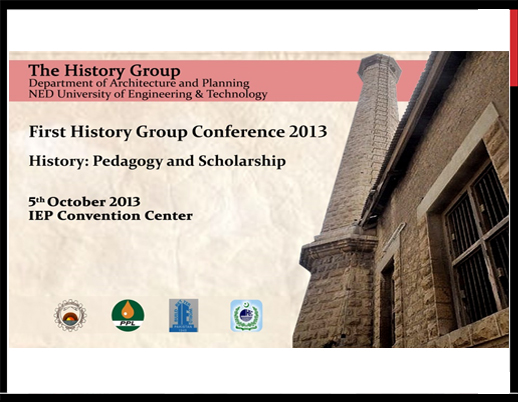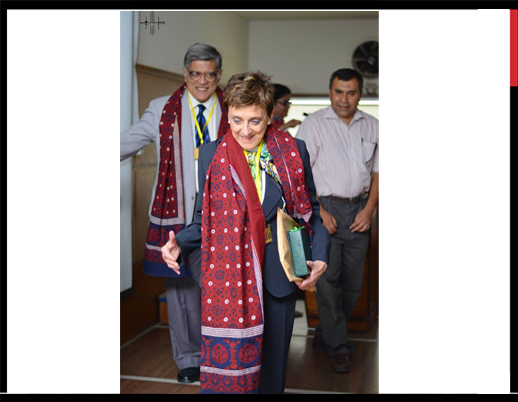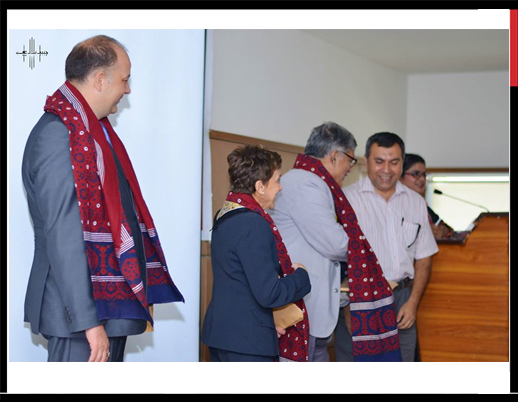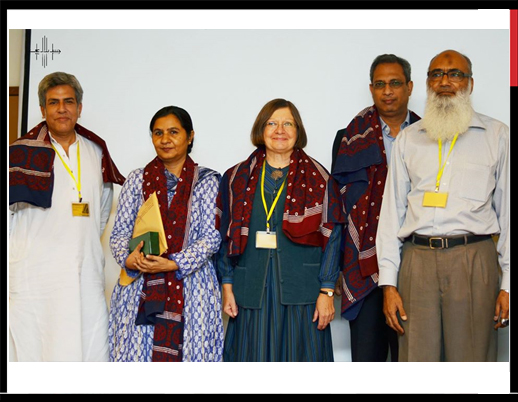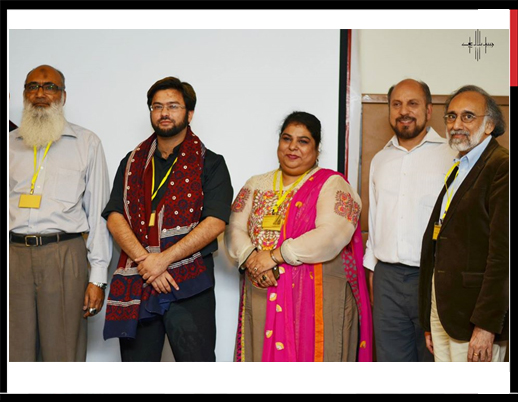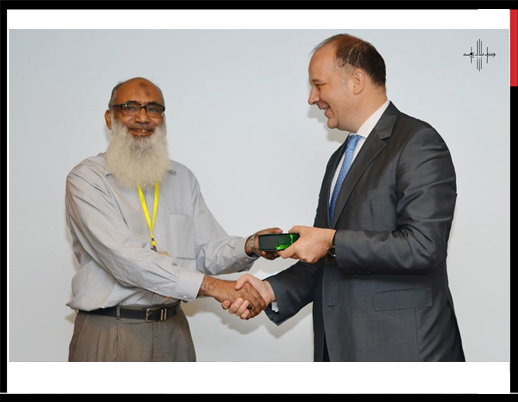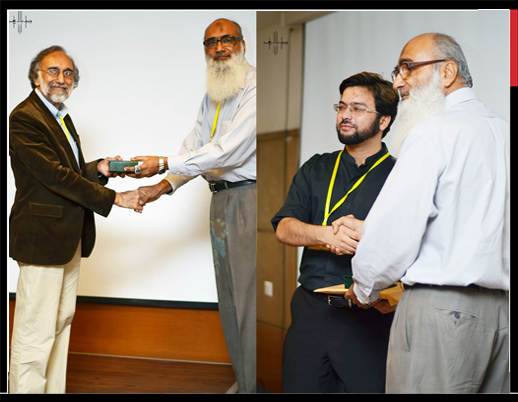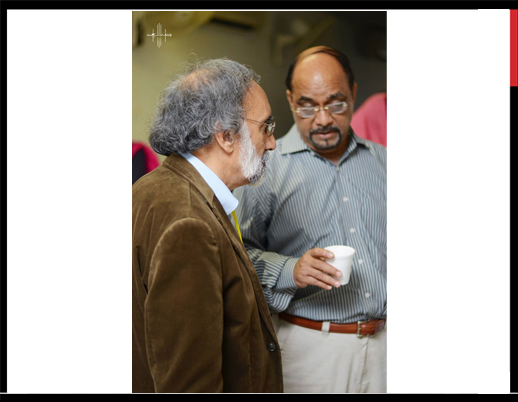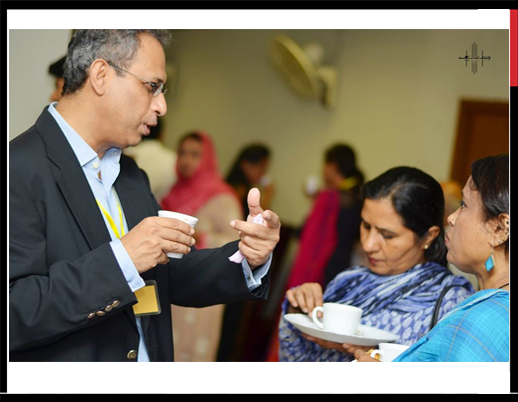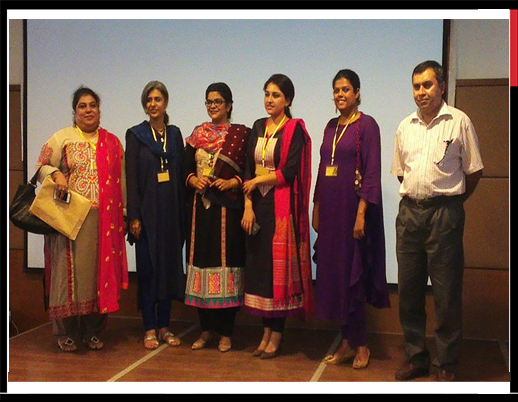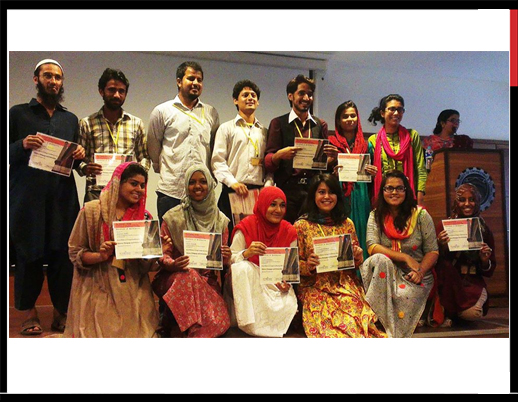First History Group Conference “History: Pedagogy and Scholarship”
5th October 2013.
“A building is a well written verse. In order to understand the poetry, we must know the grammar and composition of its language. We can only appreciate the building if we know the vocabulary and structure of its architecture, history helps us establish that understanding”. Mr. Mukhtar Hussain was discussing the importance of learning history of architecture at the First History Group Conference 2013 at the Department of Architecture and Planning NED University of Engineering and Technology, on the 5th of October 2013. The theme of the conference was “History: Pedagogy and Scholarship”.
Teaching history fosters critical interdisciplinary thinking enhancing the ability for analysis, enquiry and developing critique. The first session of the conference elaborated on the pedagogy of history with special emphasis on architectural education. It is intended to highlight the content, methodologies, scope, and limitations of teaching history to architects and allied disciplines.
The second session covered historical research on the built environment. The session was opened for scholars from different fields researching history and is deliberated to assess the scope of the writing and research in history of the region. The conference aimed to form a platform where local and international scholars can come together and generate a discourse on architectural history specifically and history in general.
The conference was a continuation of the events which was attended by various local and foreign scholars. Dr Jale Erzen, an art historian and Faculty of Architecture, Middle East Technical University, Ankara addressing as the keynote speaker pointed out “teaching history is an ongoing process, where the instructor and student both discover from the past and learn together”.
While presenting his paper on “Deriving a Learning Process from Indigenous Architectural Organizations”, the question Pakistani identity and history of Pakistan and who we are and what we want was raised by Fazal Noor Senior Academic, Visiting Faculty, Department of Architecture and Planning, NEDUET, Karachi.
Dr Suna Guven, professor of architecture at the Middle East Technical University, Ankara, shared her views on how the change in technology has impacted the present day teaching practices in history. The modern electronic devices had made it easier to relate to the 3d dimension of historic artifacts. Her session titled ‘Architectural History: What to Teach, How Much and How?’
Dr. Kaleemullah Lashari, Former Secretary of Antiquities, Government of Sindh, stressed on establishing and enforcement moral and ethical values, so that we can worth the significance of our cultural and historical heritage. “We should make sure that the culprits must be brought to task publically, and the stories of prosecution should be told to people, and it is only this way that we can conserve our past and take it further for our future generations”.
